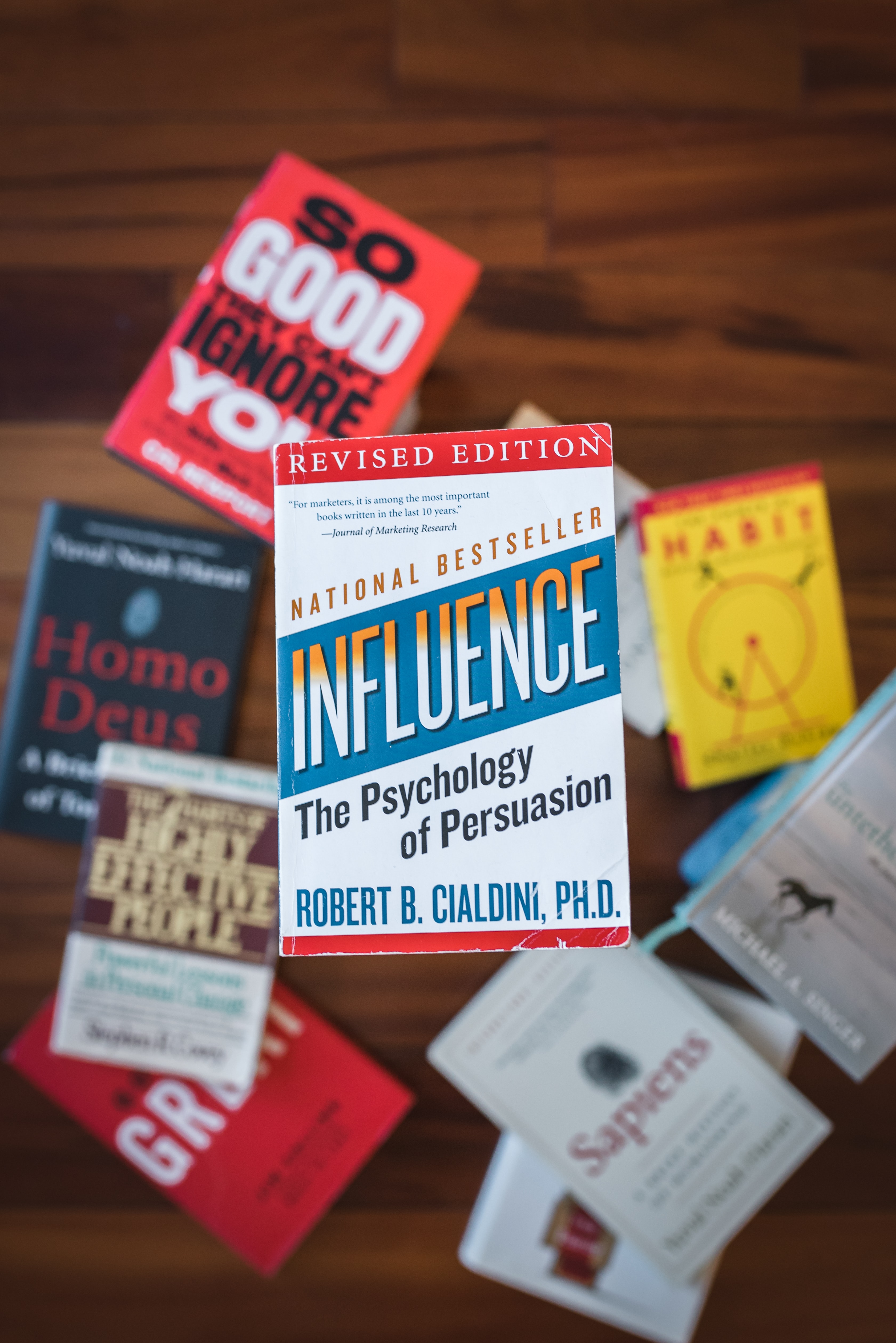The third principle in Robert Cialdini’s book Influence that is worth considering is Social Proof. This is the principle that states, “We view a behavior as more correct in a given situation to the degree that we see others performing it.” I’m sure you’ve utilized this principle in your own decision making. For example, if you’re trying to decide on a new restaurant to try out you will likely choose the one that has lots of positive reviews vs the restaurant that has a few reviews or a number of bad reviews. The perceived opinions of others goes a long way in helping us determine our own decisions.
How might this principle be effective in improving our success rate when asking people to consider financially supporting our organization? The following are some examples that might be helpful:
- Growing Your Monthly Donor Community: The cost to find new donors is significantly more expensive than the cost to retain current donors. With this in mind, many organizations have wisely focused on growing their community of recurring donors. These donors, who give your organization permission to use their credit card or banking information to contribute a fixed gift each month, provide you with predictable income to help you plan and pursue your mission. A great way to grow that community of recurring donors is to share how the combined value of their giving is creating real impact for your organization. Sending messages to current and prospective donors that mention how many people are giving monthly and how much their cumulative contribution means will inspire others to follow their lead.
- Testimonials: In marketing, hearing that someone had a good experience with a product is a time tested means of giving prospective buyers the confidence to purchase that product. In the world of gift solicitation testimonials can be an equally effective means to inspire a donor to make a gift. If you have a newsletter, consider highlighting a donor and share why they love your organization and how they were inspired to give. In your digital communication, include quotes from donors that reinforce their passion for your work. In addition, in your major gift solicitations consider sharing with the donor the news of a donor or donors who recently contributed before making the solicitation. People do not want to be the only one making a gift so make sure they know there are others who, like them, have been inspired to give.
- Building Momentum: There is an old principle in fundraising that when you make a successful solicitation you should immediately call someone who has been harder to inspire and ask them for a gift. This can follow the concept of social proof when you share your success story with the tougher donor. By telling the donor that you are excited because of a recent gift you received and that it inspired you to reach out to them it can often have a momentum building effect on that donor. They will be happy for you for a successful gift, inspired by the generosity of the other donor and it will be harder for them to decline to make their own gift when you make the solicitation.
- Creating a Legacy: Every gift officer should be talking to their donors about opportunities to support your organization with planned gifts. Because planned gifts tend to be complicated, it is important that your donors trust that you know how to handle them and can accept a gift from a will or trust. A great way to build that trust is through social proof. For example, telling stories about how long your institution has been serving the community and the number of individuals that have been helped builds confidence that your organization will be around for many years when a planned gift may be distributed. Sharing stories about the donors who have made planned gifts in the past also reinforces that trust and so the prospective donor should have no fear in doing the same.
